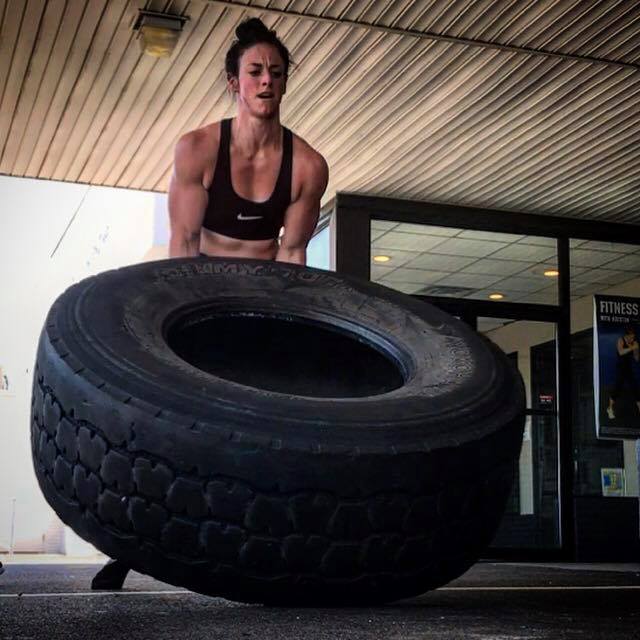
Recovering from an injury is already physically challenging enough as it is, but when you toss in all the psychological games our minds play with us, it gets even worse.
Danielle Tinnirello

How to Come Back Mentally Stronger from an Injury
Recovering from an injury is already physically challenging enough as it is, but when you toss in all the psychological games our minds play with us, it gets even worse.
Over the past ten years, I’ve been through two right knee injuries followed two complete ACL reconstructions. I can tell you the recovery for the first injury was drastically different than the second, largely because the second time around I learned to put as much effort into my mental recovery as I did my physical recovery.
If you’ve ever been injured, you know that you have to be mentally strong to become physically strong again. While your body goes through physical therapy, your brain also needs a type of therapy to get back the confidence and composure you felt before you got injured.
One of the most amazing things about dedicating yourself to working on your mental fitness during your injury recovery is that all of those mental skills that help you develop your mental toughness continue to help you post-injury as well. Here are three ways to work on your mental game while you are injured:
Focus on what’s in your control
Two of the biggest challenges are the unknown, and the stress felt when dealing with things that are out of our control. It’s difficult not to let your mind get swept away by all of the “what-ifs” and keep yourself focused on what you can do instead of what you cannot. Shifting your focus to what is in your control will help you regain your composure, stop thinking too far into the future, and feel confident and motivated to take the next step.
Adjust Your Goals
Coming back from injury can make it difficult not to gauge your feelings of success based on what you were able to do before you were injured. Additionally, one of the most significant challenges you face when injured is dealing with the setbacks that come along the way. Facing a setback right at the moment you feel you are finally making progress can be devastating. Getting through this requires you to master the skill of GOAL ADJUSTMENT. Your ability to adjust your goals and redefine what it means to be successful in that moment is imperative for keeping your head up and putting one foot in front of the other.
Be Patient
Patience isn’t the ability to wait; it’s the ability to keep a good attitude while waiting. Start slow. Build up slowly. Ignore the pace. Don’t rush it. Pay attention and be present. You will learn so much about yourself, your mind control, your ability to shift your focus, and the ability to acknowledge the progress along the way.


Sponsored Links
About the Author

Danielle Tinnirello
Danielle Tinnirello is an ISSA-certified Personal Trainer and AFAA-certified Group Instructor. She specializes in fat loss, functional fitness, strength, conditioning, weight training, and H.I.I.T training.

